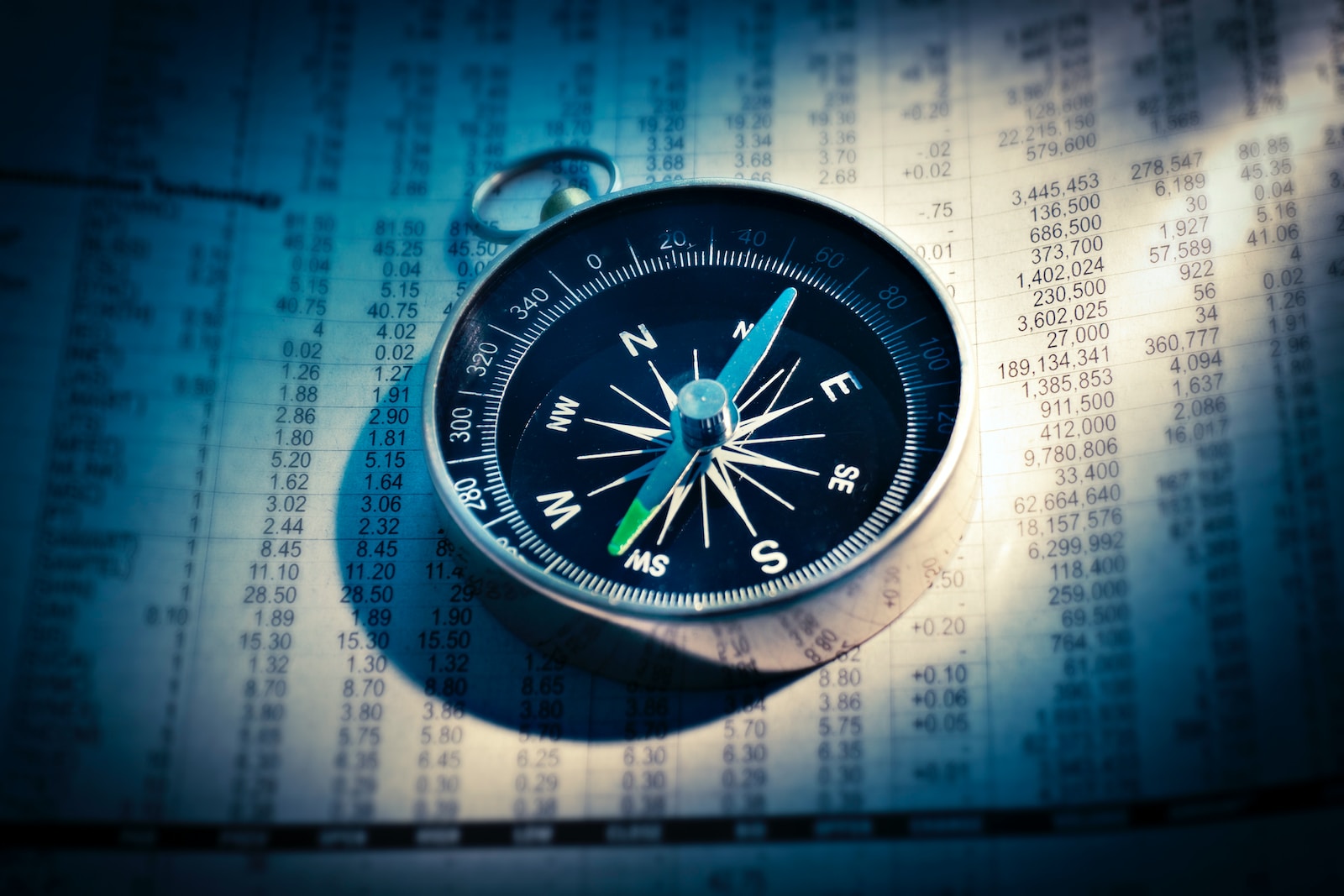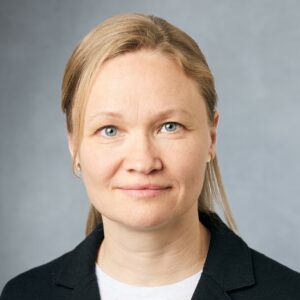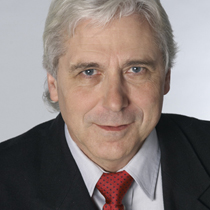Business Cycle and Growth
Growth research deals with the question which factors influence the long-term development of countries. Business cycle research, on the other hand, attempts to understand the causes of short- to medium-term deviations from the long-term growth trend and to forecast the likely further development in the short-run (typically 1-2 years).

Traditionally, the gross domestic product (GDP), i.e. the sum of goods and services produced expressed in values, represents the central indicator of prosperity in economics. Economists have always been concerned with the question of which factors promote or inhibit economic growth in order to develop economic policies To be able to draw conclusions about how the long-term prosperity of economies can be secured or improved. In its research activities, the HWWI deals with the determinants of economic growth and explicitly includes further concepts of measuring social prosperity, such as life satisfaction, in its considerations.
Economies typically do not develop linearly along their long-term growth path. Rather, in all economies there are short- to medium-term fluctuations in economic activity to observe the growth path, the so-called business cycles. Economic fluctuations are often associated with frictions such as unemployment and inflation and create an inefficient use of economic resources. In today’s highly globalized world with complex international supply chains, there is a strong international economic context. Because of the strong international interdependence of financial, raw material and goods markets, this connection is particularly pronounced in times of financial crises, wars or pandemics. The HWWI researches the international economic context and analyzes its likely consequences for the German economy. In this context, the HWWI regularly forecasts the German economic development and also prepares a regional economic forecast for Hamburg. For this purpose, the HWWI uses the results of the quarterly economic survey of member companies provided by the Hamburg Chamber of Commerce. The survey data is also used to analyze the development of individual industries or types of companies. The HWWI pays particular attention to medium-sized companies where ownership and management lie in one hand.
As part of its economic and growth research, the HWWI also deals intensively with the development of the prices of a wide range of raw materials. The focus of the analyzes is the HWWI raw material price index, in which the world market prices of the most important products from all sub-segments of raw materials trading are recorded and condensed into a meaningful index using an objective weighting methodology. The weekly recalculation based on the latest data ensures that the information is up-to-date and generates high-frequency time series for differentiated trend and volatility analyses.
Publications


Events

HWWI at the annual conference of the Verein für Socialpolitik in Berlin

Striking evidence: The impact of railway strikes on competition from intercity bus services in Germany
Prof. Dr. Alexander Sandkamp

Extreme weather shocks, economic resilience, and the role of local financial structure
Vinzenz Peters, M.Sc.

Press Releases

New HWWI-Forecast
The German economy grew surprisingly significantly in the first quarter of this year, by 0.4%. As some one-off effects favoured this development, the second quarter is likely to be weaker. In the meantime, a new government is in office. The Union had announced comprehensive economic reforms. However, it remains to be seen to what extent the necessary measures to improve the location conditions can be implemented in the coalition with the SPD in view of partly different economic policy ideas. With clear reform decisions, the previous reluctance, especially among investors, is likely to dwindle. The new coalition government has also greatly expanded the debt possibilities for the infrastructure and defense sectors even before taking office. This will provide economic stimulus in the future. In the short term, however, there are still dampening influences. In addition to the geopolitical uncertainties, there is the unpredictable trade policy of the new US administration; tariffs have also been increased or introduced on German exports to the USA, and there is a threat of more. This reduces the economic revival expected for the rest of the year. For 2025, the HWWI expects real gross domestic product to grow by 0.2% on an annual average, not least because of the negative overhang from 2024. Assuming that the new government quickly implements important economic reforms, starts additional spending on infrastructure and defense, and further monetary easing, economic growth of 1 1/2% is possible for 2026.

HWWI-Commodity Price Index Continues Upward Trend
The HWWI-Commodity Price Index has recorded a significant increase in recent months, continuing its upward trend since October. In the three reporting months from November to January, the index rose by 1.3%, 1.4% and 4.9% respectively. In January, the index was therefore 14% higher than in the same month of the previous year (as of 5 February 2025).

New HWWI Business Cycle Forecast
With the quarrels in the traffic light coalition and its eventual end, uncertainties have increased further in the second half of 2024. Private consumers and above all investors continue to hold back. Following the Federal Statistical Office’s revisions of its first estimates for real gross domestic product (GDP) in the 2nd and 3rd quarters by a total of 0.3 percentage points downwards, the GDP level for 2024 has also declined, so that the Hamburg Institute of International Economics (HWWI) has lowered its growth forecast for 2024 from +0.2% to -0.2%.







